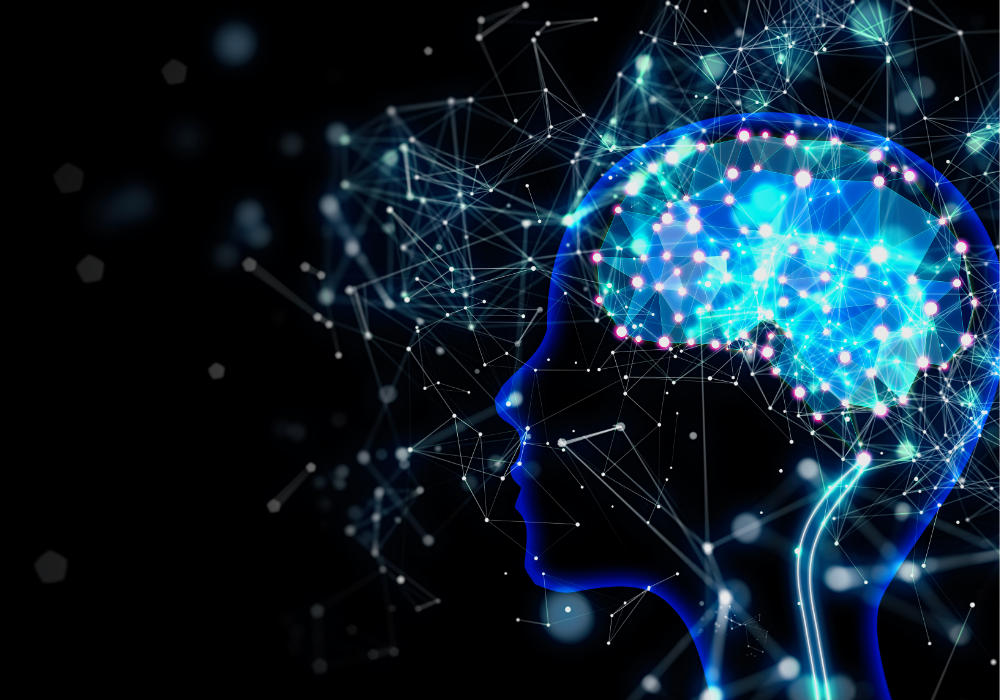By Sara Roa, Director of Marketing & PR
Artificial intelligence (AI) offers many powerful tools and techniques to revolutionize business. In marketing, companies can leverage numerous AI capabilities such as gathering data, conducting data-driven analysis, utilizing natural language processing (NLP), and employing machine learning (ML) to provide valuable customer insights and automate specific marketing processes. However, effectively leveraging AI for marketing requires strategic planning, careful execution, and a solid understanding of best practices and potential challenges.
Personalized Email Campaigns
AI-powered tools can analyze customer data, uncovering information about purchasing patterns, browsing habits, and demographic insights specific to business clients and government entities. By leveraging this data, marketers can craft highly tailored email campaigns. These tools segment audiences based on preferences, design customized subject lines and content, and set strategic send times for optimal engagement. Personalized email content boasts superior open, click-through, and conversion rates, driving better business outcomes.
Predictive Analytics
AI-powered predictive analytics can help businesses accurately forecast future trends, customer behavior, and market fluctuations. By analyzing historical data and identifying patterns, AI algorithms can provide valuable insights that enable marketers to make more data-driven decisions and optimize strategies for better results.
Chatbots and Virtual Assistants
Chatbots and virtual assistants powered by AI technology have become increasingly popular in marketing. These automated systems can provide 24/7 customer support, answer queries, and guide prospects through the sales funnel. By streamlining customer service operations and reducing response times, AI chatbots help free up people to focus on more strategic tasks.
Content Creation and Optimization
AI tools can assist marketers in creating and optimizing content more efficiently. Tools such as ChatGPT, JasperAI, and SurferSEO, among others, can significantly boost your productivity and spark new ideas. Leveraging generative AI tools can help you tailor high-quality content, generate ad copy by analyzing cohorts, or even draft blog posts (although it’s important that you add a personal touch).
Social Media
Utilizing AI for social media can significantly enhance your strategy by automating post scheduling, generating engaging content, and analyzing audience behavior for optimal engagement. AI tools can also help personalize interactions, manage customer inquiries in real-time, and identify trending topics to keep your posts relevant and timely.
Graphic Design
Using AI for graphic design can enhance the creative process by generating templates, suggesting color schemes, and creating custom graphics based on your instructions and brand guidelines. AI tools can also improve efficiency by automating repetitive tasks, allowing designers to focus on more complex and creative aspects of their work.
Considerations and Best Practices
While AI offers numerous benefits for marketing, there are also issues and best practices to consider:
- Data privacy: Using AI for marketing involves processing large amounts of data, which can raise concerns about data privacy and compliance with regulations such as the General Data Protection Regulation (GDPR) or the California Consumer Privacy Act (CCPA). Ensuring data is handled responsibly is paramount.
- Ethical concerns: AI may inadvertently generate biased or insensitive content. Monitoring and mitigating these biases are essential to maintaining ethical standards.
- Accuracy and reliability: AI models are only as good as the data they are trained on. Marketers should regularly monitor and validate AI-generated insights to ensure accuracy and reliability in decision-making processes.
- Human oversight: While AI can automate many marketing tasks, human oversight is still essential. Marketers should balance AI-driven automation and human creativity to achieve optimal results.
- Quality control: AI tools can produce high volumes of content quickly, but the quality can vary. Ensuring the content meets your brand’s standards and accurately conveys your message requires careful review and editing.
- Intellectual property issues: AI-generated content can raise questions about intellectual property rights and ownership, which can be complex and legally ambiguous.
- Over-reliance on automation: Depending too heavily on AI for content creation can stifle creativity and reduce the diversity of original ideas. It’s important to offset automation with human input.
- Continuous learning and adaptation: AI constantly evolves, and marketers must stay updated with the latest advancements and trends. Continuous learning and adaptation are crucial to leveraging AI effectively for marketing purposes.
AI offers tremendous opportunities for marketers to enhance customer experiences, optimize campaigns, and drive business growth. Businesses can leverage AI tools and techniques strategically and responsibly to stay competitive in today’s dynamic marketing landscape. However, addressing potential issues and adhering to best practices is crucial to ensure AI’s ethical and practical use in your marketing efforts.
Are you ready to leverage technology to enhance your marketing? Contact Verasolve today to learn more about how we can help.









